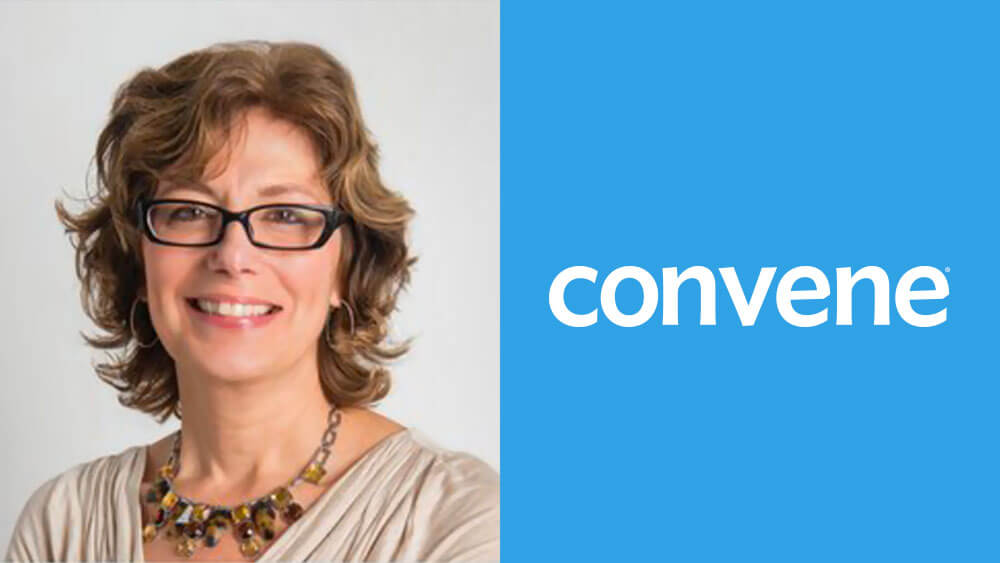
Michelle Russell
I put myself through college by working part-time in the HR department (called “Personnel” back then) at UPS. That was decades ago, but whenever the topic of sexual harassment comes up, I’m automatically brought back to my time there, and one particular coworker. He used to hound me to come to his apartment Saturday nights, where he and his wife would host orgies (his word, not mine). To bolster his case, he used to leave explicit photos and lewd objects from those parties on my desk as a surprise for me, hidden in drawers or slipped among piles of folders.
This went on for a long time, despite how often I told him I wasn’t interested and to knock it off with the surprise “gifts.” Eventually he was terminated for poor performance, totally unrelated to that behavior.
When I think back to my younger self, I wonder why I kept that such a secret. But then I remind myself: We worked in the HR department. He was on very friendly terms with our boss. He was senior to me in age and tenure at the company.
And there was another thing that I couldn’t quite reconcile: Yes, it was a nuisance, but he seemed harmless enough — although I recall feeling anxious that he might be waiting for me in the parking lot when I went home each night. And I questioned whether I was somehow at fault, that perhaps I had given him some signal that I welcomed his advances.
Plus, I was young and it was my first experience working in an office — and it was another day and age, when that kind of behavior was tolerated.
But as the last few months of high-profile sexual-harassment allegations have shown, this stuff still goes on all the time, and in every industry. When I spoke to three women who participated in our recent survey on harassment in the meetings industry (see our special report on p. 17), I heard them playing the same tapes I had in my mind so many years ago: Was I making it into a big deal? I mean, it wasn’t rape. Had I sent the wrong message in the course of just doing my job?
Some people have grown weary of the daily reports of sexual-harassment allegations and say it’s time to move on — that people who are harassed should just speak out when it happens. But it’s complicated. Sexual harassment is about power. It’s about people thinking they can get away with something because they are higher in status or position. And those who are subjected to harassment often have no place to go, or have a keen understanding that the system isn’t really built to work in their favor.
Nearly three-quarters of the respondents to our survey said that they hadn’t reported their harassment experience; their comments highlight that our work culture — and the events industry in particular — needs overhauling. “[I didn’t feel] comfortable as a gay male to report sexual harassment,” commented one planner, “because it would not be taken seriously.” Said another: “He was at a lot of events I attended and I had to negotiate with him, so I played nice. I think this is one of the pitfalls of our relationship business.”

